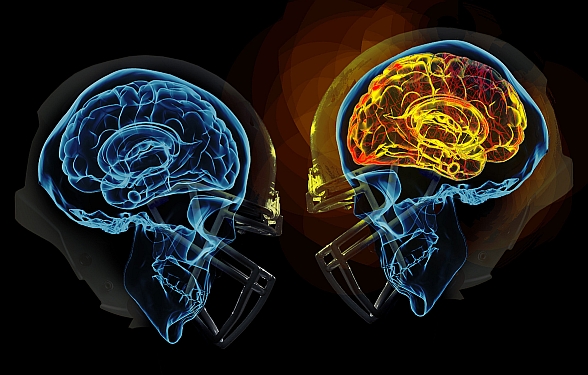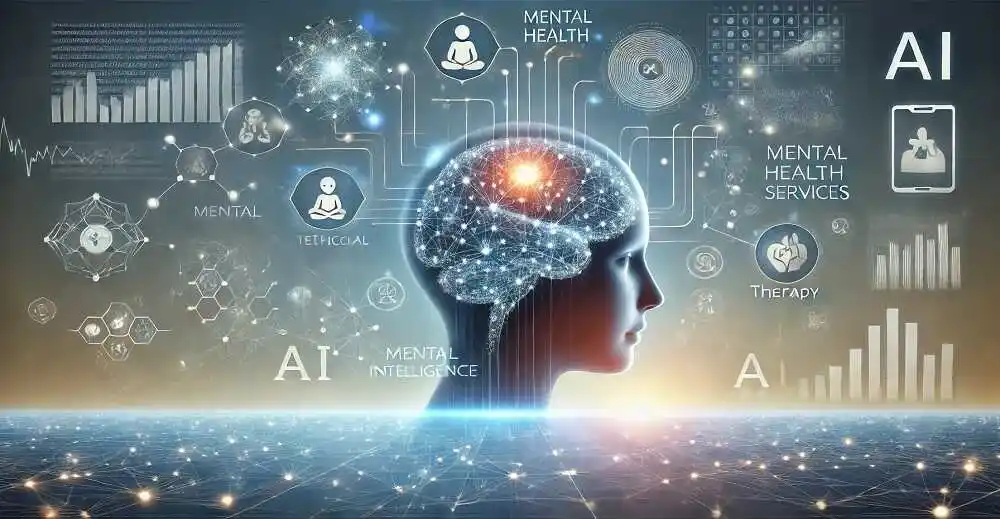
Concussions are one of the most common yet misunderstood brain injuries. And they don’t just affect professional athletes—students, military personnel, and everyday people suffer concussions from falls, car accidents, and sports injuries. And while many assume concussions are easy to diagnose, their symptoms can be subtle, delayed, or mistaken for other conditions.
But here’s the problem: traditional concussion diagnosis relies heavily on subjective symptom reporting and outdated tests, leading to misdiagnoses and long-term health risks. Many people go undiagnosed, putting them at risk for chronic traumatic encephalopathy (CTE), memory loss, and cognitive decline. [1]
Therefore, AI is stepping in as a game-changer, offering faster, more accurate concussion detection that could revolutionize brain health. But, in what ways? Let’s read more!
1. Faster And More Accurate Diagnosis
Unlike traditional methods that rely on a doctor’s judgment, AI can analyze large amounts of brain data quickly, improving accuracy. AI models can scan MRI and CT images, detecting patterns that even trained professionals might miss! This means fewer misdiagnoses and faster treatment.

2. Tracking Recovery in Real-Time
Concussions don’t just disappear overnight—they require careful monitoring. AI-powered apps and wearables can track symptoms over time, alerting doctors when a patient isn’t healing properly. This is especially useful for athletes and soldiers, helping them avoid returning to activity too soon. [3]
3. Reducing Long-Term Brain Damage
Early detection is crucial. AI can identify subtle signs of brain trauma long before they become serious, helping doctors intervene early and prevent lasting damage. This could mean fewer cases of CTE and a better quality of life for concussion patients.
The Bigger Picture: AI and The Future of Brain Health

AI’s impact goes beyond concussions. The same technology used to diagnose brain injuries could be applied to mental health, neurodegenerative diseases, and stroke detection. Cool, right? But with these advancements come ethical concerns—how do we ensure AI diagnoses are reliable? Who is responsible if AI makes a mistake?
As AI continues to shape the future of medicine, it’s important to ask: How can we use this technology responsibly while maximizing its benefits?
AI is changing the way we detect and treat concussions, making diagnosis faster, monitoring more precise, and recovery safer. And as technology evolves, it has the potential to protect millions from long-term brain damage. But responsibility and accountability is absolutely critical—we need to ensure AI is accurate, accessible, and ethically used.
Therefore, the future of concussion care isn’t just about better technology—it’s about how we use it to improve lives. Will AI redefine brain health as we know it? Will AI be the next ultimate game changer in the future of medicine? The answer is closer in time than we think!
Resources
[1] Mayo Clinic. (2023, November 18). Chronic traumatic encephalopathy – Symptoms and causes. Mayo Clinic. https://www.mayoclinic.org/diseases-conditions/chronic-traumatic-encephalopathy/symptoms-causes/syc-20370921
[2] Hamilton, J. (2023, May). A decoder that uses brain scans to know what you mean — mostly. NPR. https://www.npr.org/sections/health-shots/2023/05/01/1173045261/a-decoder-that-uses-brain-scans-to-know-what-you-mean-mostly
[3] Haffeman, D. (2015). New ResearchKit App to Track Concussions in NYU Langone Study. NYU Langone News. https://nyulangone.org/news/new-researchkit-app-track-concussions-nyu-langone-study
[4] Singh, G. (2024, December 9). Future in Mental Health: How AI is Personalizing Treatment Plans. Resources. https://www.knowledge-sourcing.com/resources/thought-articles/future-in-mental-health-how-ai-is-personalizing-treatment-plans/